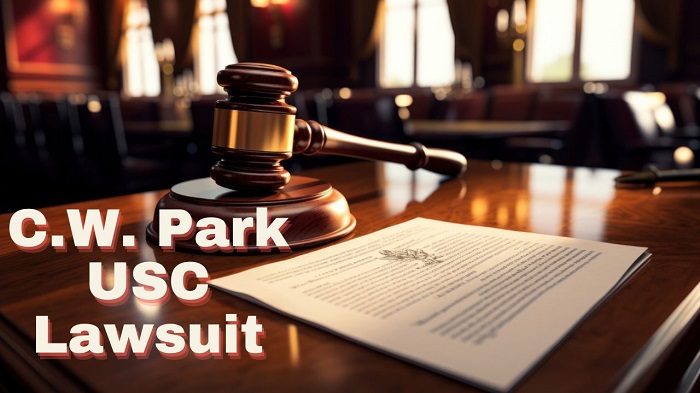The C.W. Park USC Lawsuit: Implications and Insights
In the realm of higher education, the landscape is often shaped not just by academic pursuits but also by legal battles that redefine policies and perceptions. The ongoing saga of the C.W. Park USC lawsuit is one such pivotal story that demands attention from stakeholders both within and outside the university community. Let’s delve into the intricacies of this case and understand its far-reaching implications.
Understanding the Case
The C.W. Park USC lawsuit centers around allegations of misconduct and breach of trust involving a prominent faculty member, Professor C.W. Park, at the University of Southern California (USC). The allegations, which surfaced amidst a climate of increasing scrutiny on academic integrity and institutional accountability, have sparked intense legal proceedings.
Legal Developments and Impact
As judicial actions unfold, the case is not merely a legal dispute but a catalyst for broader discussions on transparency and accountability within educational institutions. The outcomes of such lawsuits often set precedents that influence future policies and practices across universities nationwide. At USC, the repercussions are palpable, affecting everything from faculty-student relations to administrative protocols.
Community and Public Perception
Beyond the courtroom, the C.W. Park USC lawsuit has garnered significant public attention, shaping perceptions of how universities handle allegations of misconduct and uphold academic standards. It underscores the critical need for institutions to maintain rigorous standards of ethical conduct and to navigate complex legal landscapes with integrity and fairness.
Institutional Response and Reform
In response to the lawsuit, USC has initiated internal reviews and reforms aimed at enhancing accountability and transparency. These efforts are crucial in rebuilding trust within the community and reaffirming USC’s commitment to academic excellence and ethical leadership.
Lessons Learned and Moving Forward
The unfolding narrative of the C.W. Park USC lawsuit serves as a poignant reminder of the challenges universities face in balancing academic freedom with ethical responsibilities. It prompts reflection on the need for robust systems of oversight and the cultivation of a culture where integrity and accountability are paramount.
Conclusion
As stakeholders continue to monitor developments in the C.W. Park USC lawsuit, it is imperative to recognize its broader implications for higher education. Beyond legal proceedings, this case underscores the importance of fostering a culture of transparency, accountability, and ethical conduct within academic institutions. By staying informed and engaged, we contribute to shaping a more resilient and responsible educational framework for future generations.
In conclusion, the C.W. Park USC lawsuit stands as a testament to the evolving landscape of academic accountability and the enduring quest for integrity in higher education. As we navigate these complexities, let us remain vigilant in our commitment to upholding the values that define our educational institutions.
For more news and updates, visit mainguestpost.com regularly!






